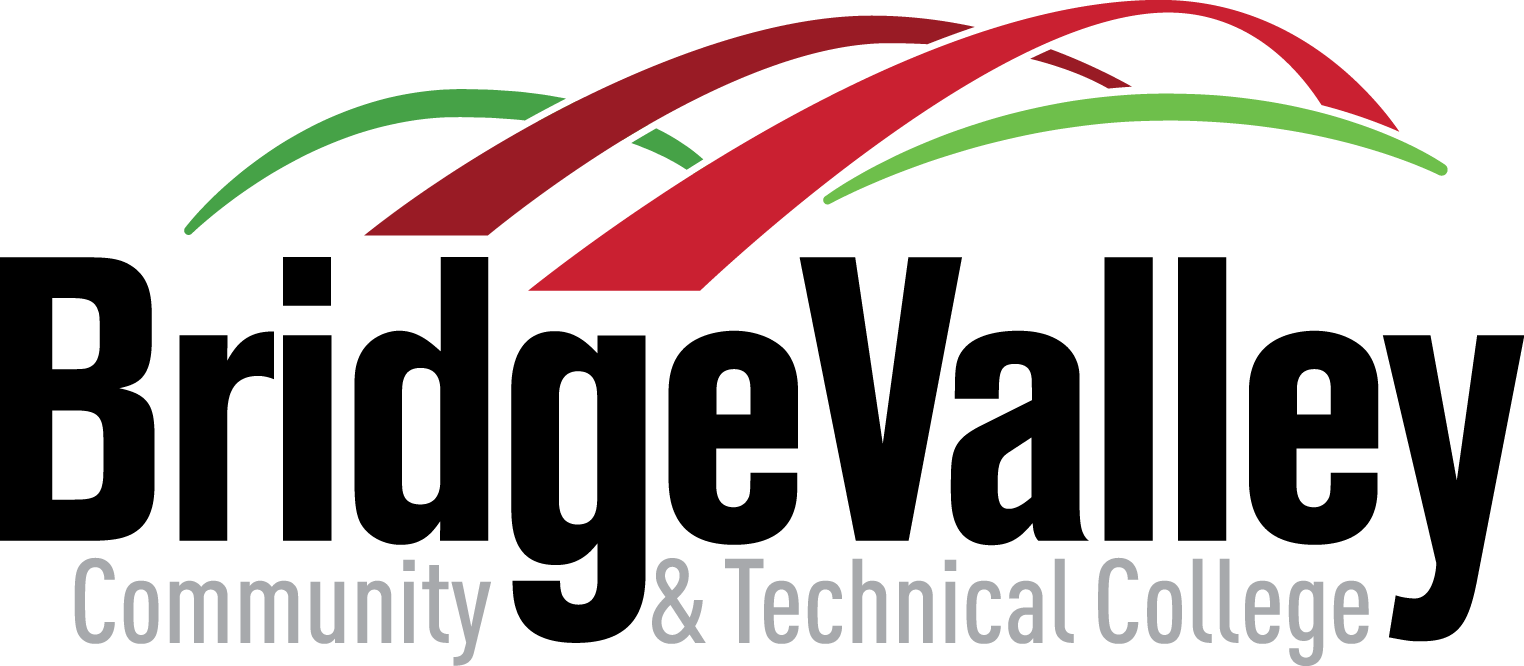Technical Studies CAS
A program of study developed under this degree designation leads to a C.A.S. Degree in Technical Studies. The program of study includes general education, technical education, with options for specific occupational training and on-the-job training. Quality, industry-based, educational and training programs can be included.
This degree program is designed to assist all West Virginia Community and Technical Colleges in responding to the needs of employees and employers in a timely manner.
Graduates may assume a variety of positions based on skills achieved through technical courses and employer education. Graduates may continue studies towards an AAS in Technical Studies and eventually a Regents Bachelor of Arts.
More About the Program
The Technical Studies program addresses the identified educational and training needs of business, industry, labor and governmental agencies through the delivery of customized programs in a timely and efficient manner. It may also be used to develop a customized program to meet the specific needs of a student.
Component I-General Education
Communication Skills Appropriate to the Occupational Area ..... 3 Credits
Quantitative Skills .... 3 Credits
Optional Additional General Education or Technical Courses which directly support the Technical Knowledge/Skills Taught in the Program ..... 0-5 Credits
Component Total : 6
Component II – Technical/Occupational Specialty
This component consists of technical specialty courses specific to an occupational area. Technical courses developed by the college, approved courses included in a business, industry, labor, or agency-based education/training program, or combinations of credit courses and/or non-credit training modules evaluated for credit equivalency by an identified college body can be included in this component. Externally based education and training programs which are equivalent to college level classroom/laboratory courses are to be converted to college credit hours at no less ratio than 15:1 contact to credit hours for lecture, and at a rate consistent with the lab contact hour/credit hour ratio of the degree granting institution for laboratory credit. Credit equivalencies for non-credit training modules will be converted at no less ratio than 30:1 contact to credit hours.
Component Total : 39 Max
Component III – Supervised Worksite Based Learning or On-the-Job Training in the Occupation
Credit for worksite-based training is optional in the certificate in technical studies program. When incorporated, such training consists of a paid or unpaid internship, practicum, or OJT experience performed in a business, industry, labor, or agency setting in the occupational area related to the certificate. The credit value of internships will be determined by contact to credit hour ratio as that in traditional programs. Business, industry, and agency-based on-the-job training experience is to be converted to credit hours at a ratio of 160:1, with a maximum of 960 contact hours allowable.
Component Total : 6 Max

